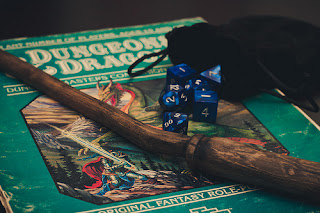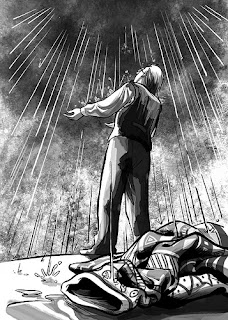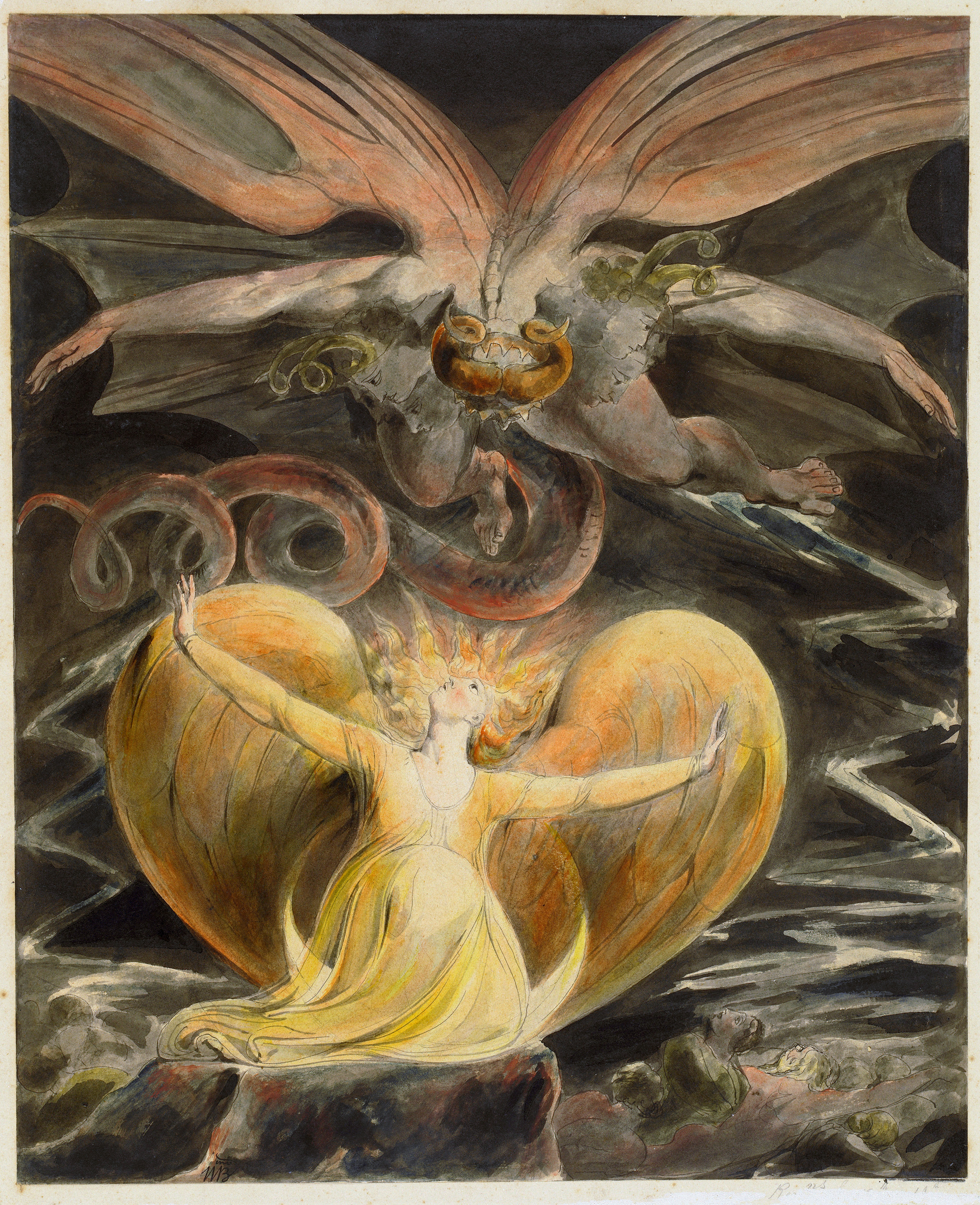I asked the guys to step forward and write something about D&D, the group or the campaign, and Ben came up with this post. Honestly - I got more than I bargained for. Here's why:
Sometimes, playing a simple-minded character can be difficult.
If you think about it, playing the typical "Thick-Headed Fighter" can be very difficult. Unless you just wing it, playing a "dumb" fighter can be more difficult than playing the scholarly Wizard, the sharp-minded Cleric or the quick-thinking (and acting) Rogue.
Why? because we, RPG players, are anything but simple-minded (the DM in the back, I can hear you laughing).
There are three main reasons that make the task of playing such a character nontrivial: The player, The Group and The DM.
The Player
Playing a character with low mental attributes is challenging, as opposed to playing a character with low physical attributes. Low physical attributes (Strength, Constitution & Dexterity) are simply reflected in the character's statistics. Your fighter can either lift the rock above his head, or he can't. He can either run 20 miles without sweating, or he can't. End of story.
Low mental attributes are more problematic to role-play properly. We usually don't play down our characters. We are used to think of them as heroes, able to do things that we are not able to. This is part of the 'fantasy' in a fantasy role-playing game. They can cast spells, swordplay all day and slay dragons. We, except for a few gifted players - myself included, are not able to do all of these. But we can think.
Playing down our natural intelligence and cognitive capabilities does not come naturally to us. Sitting around the table, looking at a puzzle the group is struggling with, knowing the answer and keeping quiet is hard and, let's face it, not very rewarding. You need to go against your natural instincts and stay quiet (or describe your fighter scratching his head for 30 minutes) in many encounters that require cognitive abilities, or social interactions that your character will probably blunder. This does not mean that you do not have great role-play opportunities in these encounters, but they are counter-intuitive and sometimes destructive. Fooling yourself in-front of a Lord may be problematic and reflect badly on the group. You can do it a limited number of time before your friends start moving in their seats uncomfortably.
The Group
Last time the group I was playing with went to read and research in a library. I, playing the simple-minded fighter, got bored and went to look for a promiscuous serving girl. The effect was that I was excluded from the "action" in the library (the group acquired some valuable information there) and from the decision making that followed after acquiring the information as it took place in the library. I was faced with the fact that the group decided upon a course of action without talking to my fighter (who was, at that time, having a great time - high Constitution and all).
So, when playing a simple-minded character we need to take into account the following:
- The character (and therefore, you as a player) might be excluded from encounters requiring mental abilities, as your character does not have much to contribute. This is not a bad thing on its own, but in many cases you will also be excluded from the decision making that follows, unless you meta-game and contribute your opinion even if your character is not present/have nothing useful to say. That is a problem as you may have a lot to contribute as a player, even if your character simply cannot contribute a thing. This may drive your character to a semi-NCP position or may drive your character to a continues conflict with the group, as their decisions seem out of context or plain wrong to your character.
- You, as a player, might be considered a "bad role-player". During encounters that require some character thinking, your character have to "fade to grey", or contribute little. After all, what does the thick-headed fighter have to say in a room full or wizards debating the results of the summoning ritual the heroes payed for? And if your character does say something, you might be forced to have your character say things that are purposely off the point. Not a lot of players can appreciate that and give your credit as a good role-player.
As it turns out, the DM is both the solution and the biggest challenge to overcome.
It all comes down to the question of the DM's ability to "get" what you are doing and publicly commend you.
A lot of DMs hand out additional rewards for good role playing. If your DM awards your un-traditional role-playing, it sends a certain message to the other players. But in most cases, a DM that sees your character break away to do things "out of boredom" will see your way of role-playing as shallow, obtrusive and problematic.
Such behavior, if not properly explained beforehand, might cause the DM to think YOU are bored as a player, and the way to a collision course is guaranteed. Always keep in mind that the DM is human too. He probably worked hard to build and design an encounter or an episode involving thinking that your fighter ignored or "broke" in away. He may be offended not understanding your behavior. Some DM's might even punish such behavior, or (if they plainly ignore it and not recognize your way of role-playing for what it truly is) might miss the opportunity to provide appropriate encounters for you in which to excel (other than combat).
So what can we do to make playing a simple character an easy task?
In my opinion, the best way to avoid all these issues is to talk about them before the games starts with the DM and the other players.
Explain what kind of character you are going to play to your DM and group members. Tell them that it is not easy to play a simple-minded character, and tell them how hard it is to play against your basic instincts - especially at the areas in which we, as players, feel secure and capable.
Ask your DM for support (by providing role-playing opportunities and by recognizing these moments you "drift" to role-play your character), and work with the other players to ensure they understand why you are playing your character the way you are, and encourage them to role-play their characters' response to that thick-headed fighter of yours, instead of rolling their eyes in disdain, or worse, totally ignoring your efforts.
So, it turns out that asking your players to say something about D&D, the group or the campaign might result in getting exactly what you asked for...
Roll those 20's!










_poster.jpg)






